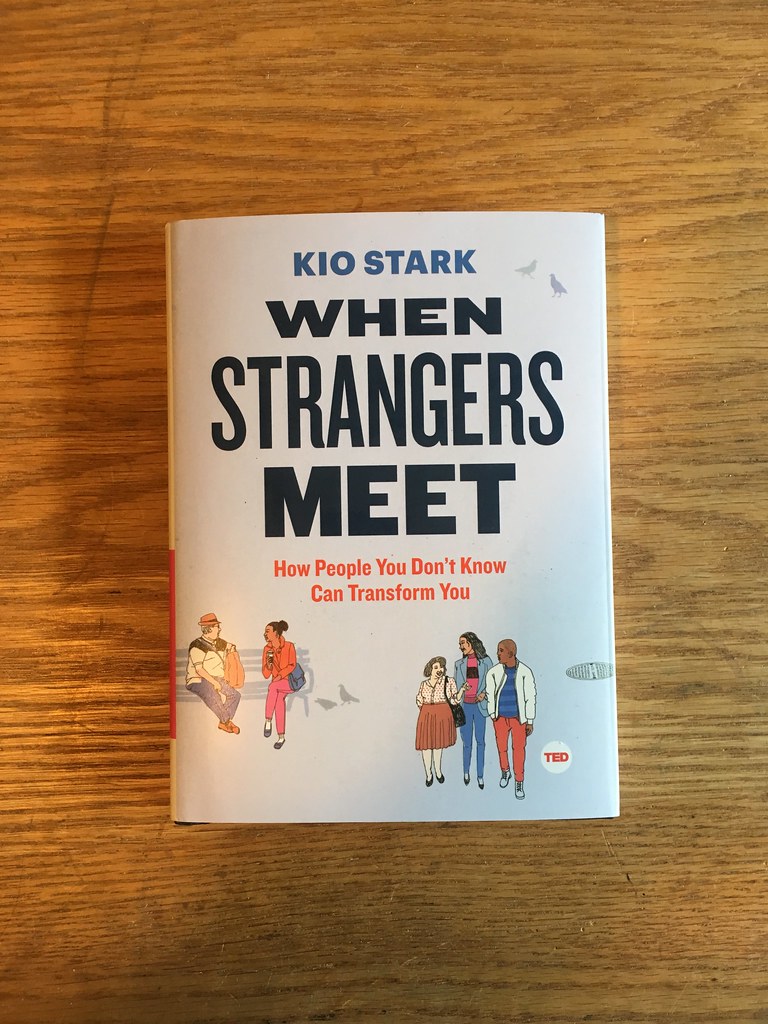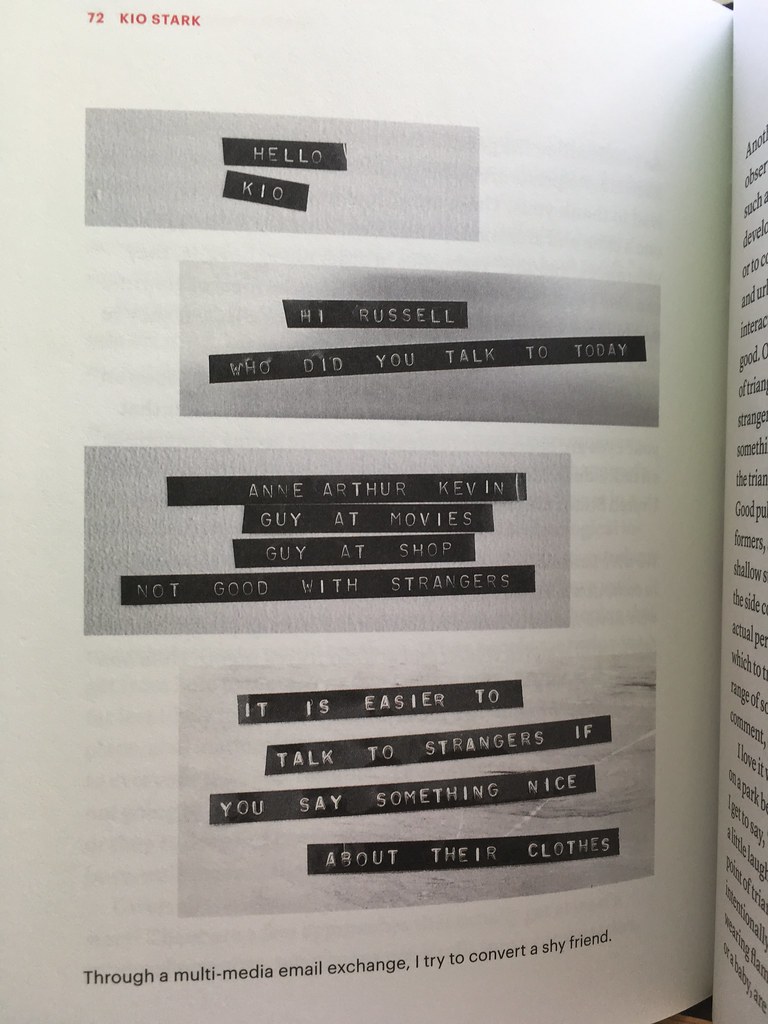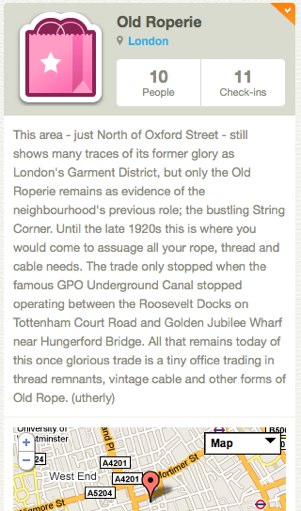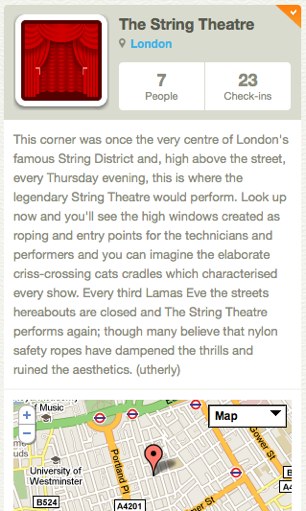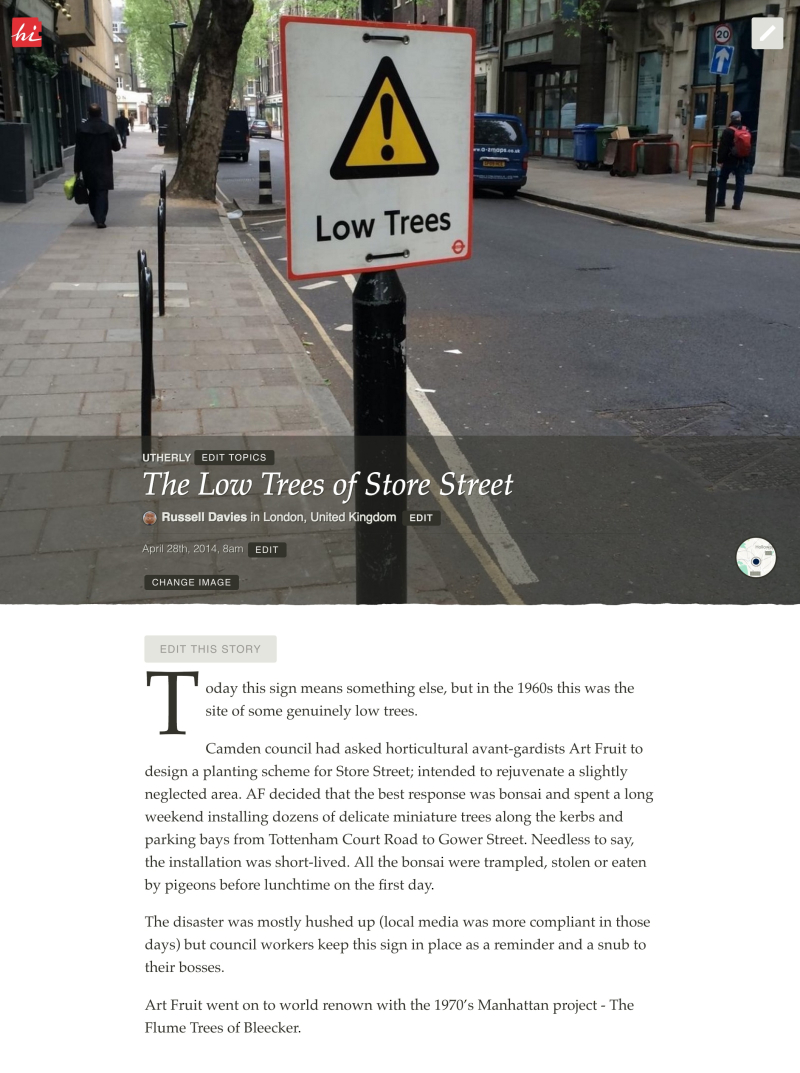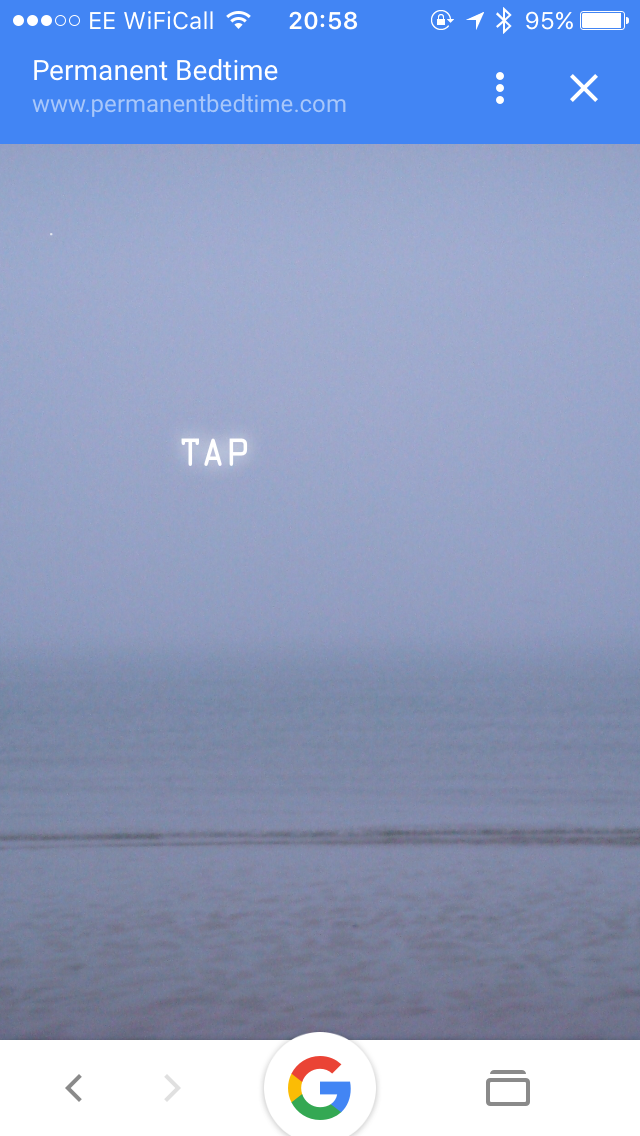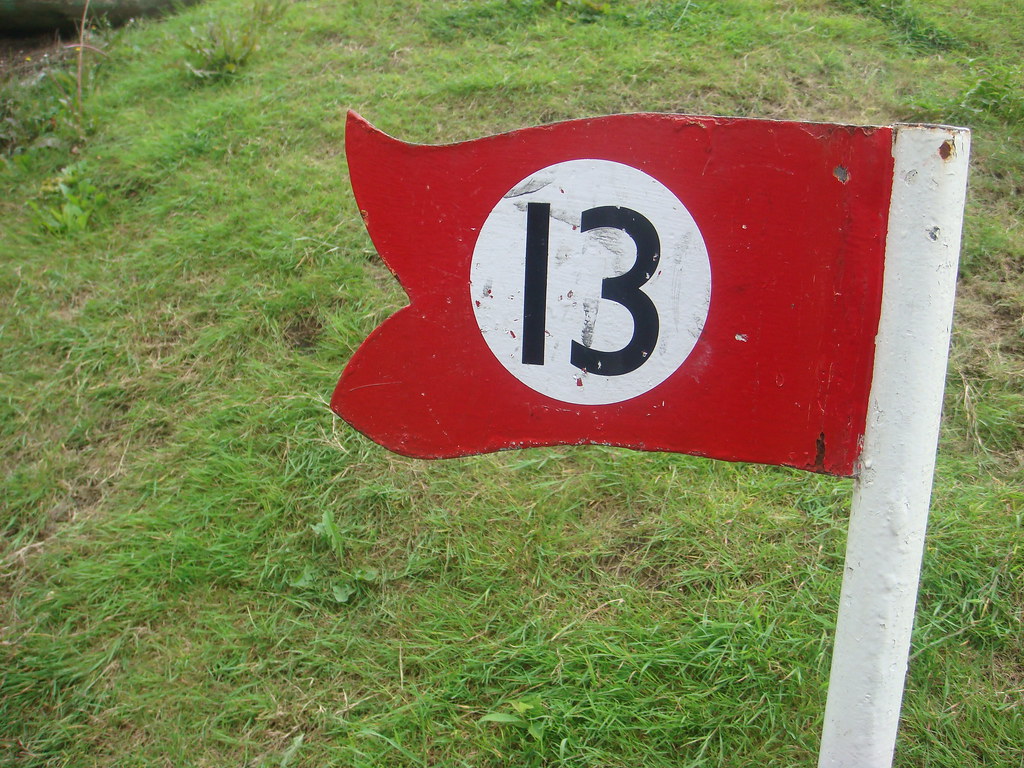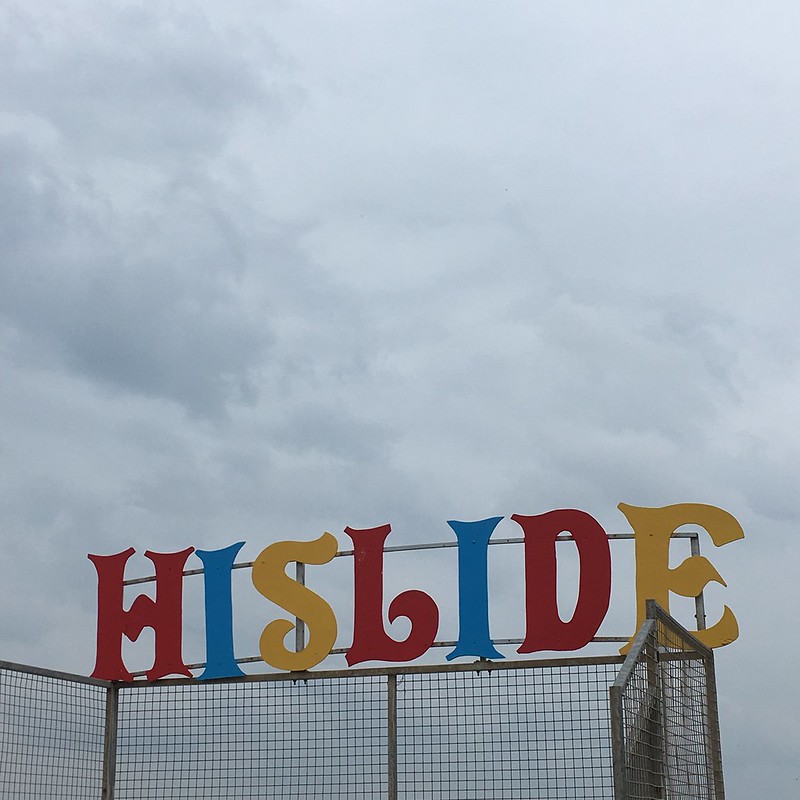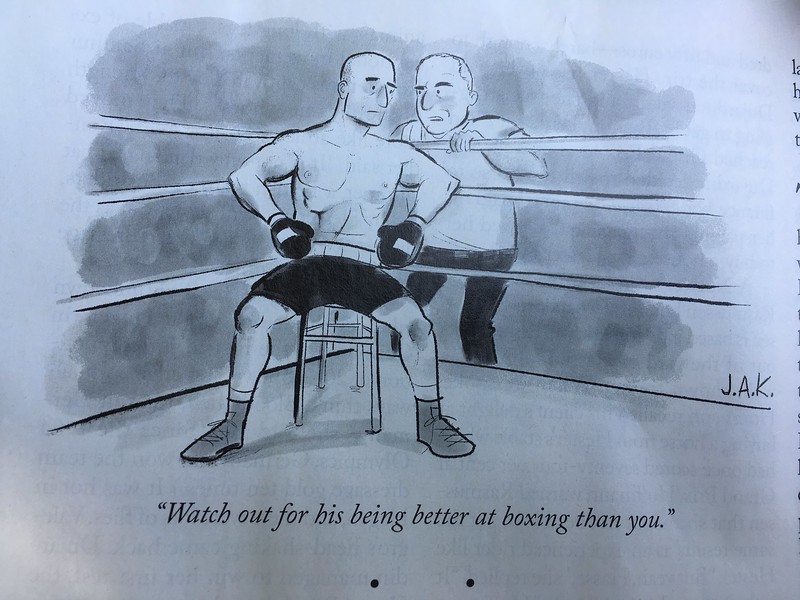Russell Davies
As disappointed as you are
About | Feed | Archive | Findings | This blog by email
Or I'm a European
August 28, 2016 | Permalink
Cruel institutions
A bunch of clicking got me to this piece about the University of Chicago / safe spaces. It contains extensive quotes from this piece about the governance of higher education institutions. (I know, I know, it's nothing but a roller-coaster this blog).
I mention it because it strikes me that digital transformation is mostly about institutional change and these insights about how that happens are probably as true for governments and policy bodies as they are for universities and journals:
"There is a dark side to the history of the university. It is largely a history of ossification punctuated by bursts of intellectual vibrancy and structural innovation. In the large sweep of history, change occurs not because existing scholars, departments, and institutions move with the times, but through replacement. New ideas and methods are developed by new generations of scholars working in newly founded disciplines. New structures that support new forms of inquiry and learning emerge in newly founded universities."
"Existing institutions do change—some of them, some of the time. When institutional change occurs, it is typically in response to the political or economic threat posed by entrants. Departments have a harder time reinventing themselves, and when they do, it is because of generational turnover, for individual scholars tend not to change at all."
"The university is a cruel institution. It takes the best and the brightest, promises them the world, and then it throws most of them to the dogs. The vast majority of scholars start out as fresh-eyed and bushy-tailed newly minted assistant professors; their career peaks as they become tenured associate professors; and from then on their human capital declines steadily for reasons that are mostly not under their control. As a result, there is a lot of bitterness and resentment floating around in the heads of the tenured faculty."
"Disciplines are controlled by journal editors and leading scholars who collectively decide what gets published in the top journals, who is awarded tenure, and which activities are to be supported by grants and showered with honors. There are selection biases in place that create a tendency for self-perpetuation. Perhaps most importantly, there is a natural bias toward gerontocracy that benefits scholars who are in mid-career or even over the hill. This is the group from which journal editors and leading scholars are drawn from, and they will tend to favor traditional work and support clones of themselves."
August 27, 2016 | Permalink
Stranger danger
Kio was kind enough to send me a copy of her new book. I love her writing, I'm looking forward to this. She reproduces a conversation we once had via dymotape and flickr (ah! the twenty-tens!)
But she left out the punch line!
August 26, 2016 | Permalink
Written in corners
It started when Tom and his pals at 4ip funded Newspaper Club (for which I'll always be grateful).
He forced us to go and get investment advice from some people on Great Portland Street. It was probably great advice but in my arrogance at the time I dismissed it as 'old rope' and was forced to protest in the only way I knew - I wrote a description of their business on Gowalla but disguised it as a write-up of an imaginary business from a parallel world. It was a tiny, tiny joke.
Here it is:
But, I liked the idea of people checking into these silly things (and, as you can see, at least 10 people did) so I began to write more, when I had an idle minute somewhere. I tagged it all Utherly.
And, having started with an Old Roperie I ended up with a String District and fairly soon I had the beginnings of an alternative psychogeography of London. I'm not sure it worked very well to be honest, those kinds of thing have to handled really well to be any good and I'm not sure I paid it enough attention. Too many puns and nostalgerie.
And then Gowalla died and my tiny jokes became a set of screen-grabs in a folder.
And then along came Hi - Craig's splendid tool for writing about and in the world and I wanted to do something with that. So I started writing more Utherly, beginning with the Low Trees of Store Street.
Utherly on Hi did much of the same silliness:
But it also ventured out of London (writing on trains and motorways). I quite enjoyed Sketchley Park's invention of Cleaning Action at a Distance.
I like doing this kind of thing, writing in corners of the internet, places that are public but quiet. Where people might stumble across things without much expectation and might quite enjoy them. I especially like, for some reason, when it's connected to geography.
The problem with the quiet corners though is that they don't last for long and now Hi is going the way of Gowalla. Though it's closing down with a lot of class.
Should you be interested there's an Utherly archive. It's only screengrabs but it's a little souvenir.
I'm off to find another place-based story-telling tool and to doom it with my writing.
August 25, 2016 | Permalink
Me, Myself and Mine
There are some reasons to call something MyWhatever or YourThingy - mostly 'engagement' reasons, marketingy reasons. I tried to stop it wherever I could in government but it still happened, people find it irresistible. And then inevitably you end up with this kind of thing:
Your MyAccount.
Do you think the MyAccount team members have accounts on the MyAccount system?
"Could you log into your MyAccount account?"
"My MyAccount account?"
"Yes please"
August 24, 2016 | Permalink
A More Permanent Bedtime
Today's significant achievement was the rebuilding of Permanent Bedtime so it works on mobile devices (NOTE: may not work on mobile devices). Thanks to Tom for the guidance. (NOTE: Thanks to Tom for actually doing it for me).
August 23, 2016 | Permalink
Thirteen long years
August 22nd, 2003, the first post on this blog. It's a teenager now.
August 22, 2016 | Permalink
Blog better
The high quality of the commentary in the Olympics has reminded me how hard it often is to say anything more than this about sport. Malcolm Gladwell has another example:
"I am reminded of what the famously laconic San Antonio Spurs coach Gregg Popovich often says, in answer to post-game questions about what his team needs to do to play better: “Make more shots.” We are basically at the point where the only productive advice we can give Farah’s opponents is to run faster than him."
August 19, 2016 | Permalink
